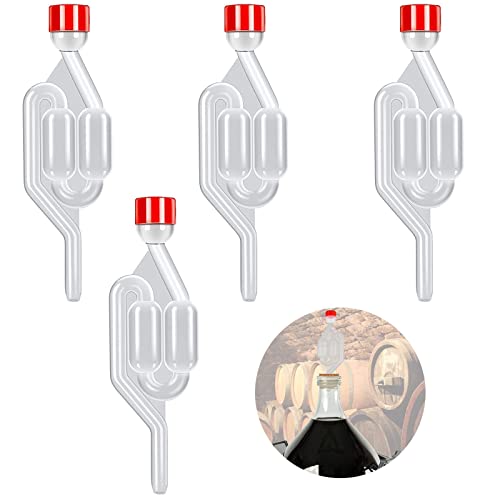marksa222
Landlord.
I'm currently reading a book by Charlie Bamforth called Beer is proof god loves us. In the book he talks about the Beer Orders from 1989. I was only 2 when this was all about, so this was the first I've heard about this.
I gather from reading this that she thought the industry was too monopolised, and that the big 6 brewers held the bulk of the industry. They owned the pubs, leased them to landlords, and only permitted their beer to be sold on the premises. There were also loan ties, in which the breweries offered low interest loans to folk to set up pubs, but again, only permitted their beers to be sold there, and charged above the odds to the landlord making it difficult to make money. She brought in the Beer Orders thinking it would create competition, and make things better for the consumer. Amongst other things, it limited the amount of establishments owned any one brewery, and made it compulsary to offer atleast one draught beer from another brewery. This made it difficult for the brewery's to turn a profit, so instead of brewing and selling the beer, they typically did one or the other. Now all the big 6 brewery's at that time are owned by foreign corperations, and what was once a thriving British industry, churning out millions of hectolitres of beer is no longer British, pubs closed and in most of those that survived, you see Stella, Carlsberg and a host of other crap, seen next to a stack of food menus which keep the places going. Scarce are the "proper British boozers".
I am aware that the author worked for Bass in the 80's, so mightn't have the most objective opinions on this. I wondered what impact this had on a drinker at the time? Did the price of a pint come down at all? Did the landlords start making money? Was there greater choice of beers in the short term? Was a pub a better place to go before the Beer orders? and what would a pub be like today if this never happened?
I just wondered what all of you thought...
I gather from reading this that she thought the industry was too monopolised, and that the big 6 brewers held the bulk of the industry. They owned the pubs, leased them to landlords, and only permitted their beer to be sold on the premises. There were also loan ties, in which the breweries offered low interest loans to folk to set up pubs, but again, only permitted their beers to be sold there, and charged above the odds to the landlord making it difficult to make money. She brought in the Beer Orders thinking it would create competition, and make things better for the consumer. Amongst other things, it limited the amount of establishments owned any one brewery, and made it compulsary to offer atleast one draught beer from another brewery. This made it difficult for the brewery's to turn a profit, so instead of brewing and selling the beer, they typically did one or the other. Now all the big 6 brewery's at that time are owned by foreign corperations, and what was once a thriving British industry, churning out millions of hectolitres of beer is no longer British, pubs closed and in most of those that survived, you see Stella, Carlsberg and a host of other crap, seen next to a stack of food menus which keep the places going. Scarce are the "proper British boozers".
I am aware that the author worked for Bass in the 80's, so mightn't have the most objective opinions on this. I wondered what impact this had on a drinker at the time? Did the price of a pint come down at all? Did the landlords start making money? Was there greater choice of beers in the short term? Was a pub a better place to go before the Beer orders? and what would a pub be like today if this never happened?
I just wondered what all of you thought...
















![BREWING THERMOMETER STICKERS ACCURATELY MONITOR FERMENTING BEER & WINE LIQUID TEMPERATURES 5PCS HOME BREW SPIRITS WINE LCD ADHESIVE [US]](https://m.media-amazon.com/images/I/311DDjo2X3L._SL500_.jpg)























